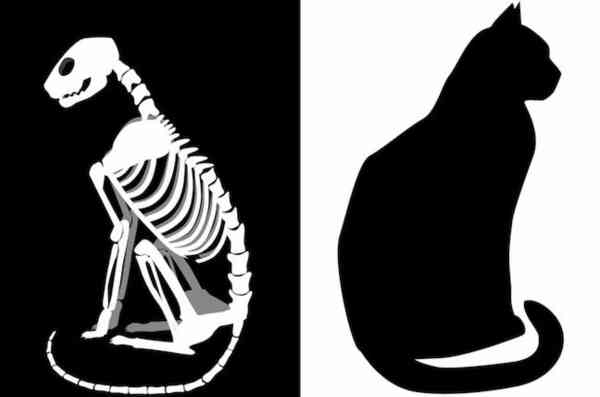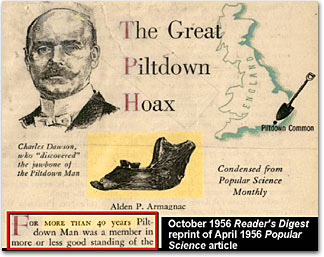In summary, there are good reasons that belief in conspiracy theories is growing. Conspiracies indubitably happen. And in increasingly complex, technological and power orientated societies, governments have considerable motivation and means to deceive their citizens who, in their turn, have good reason to be suspicious of political and social elites.
Conspiracy theories thrive on questioning our accepted consensus reality, which, based on the collapse of two thousand years of enforced Christian deception, is not hard to do. The rise of materialism to fill the void left by the collapse of traditional, religious consensuses across many societies has left a void that can be filled by other, more or less confirmable realities.
Science has attempted to fill this void, but with mixed success. Some of the lack of success is intrinsic to the true nature of Science (see ‘Scientists Don’t Know!’) because science is a method rooted in uncertainty. Hence the need for experimentation. As Michael Shermer puts it, ‘Science is not a thing, it’s a verb’. And the ‘reality’ that science reveals can be bewildering. Quantum Theory proposes a reality in which the most fundamental particles of matter are understood as probability fields , in which time slows down the faster we move, and in which cats might be simultaneously dead and alive!

Concepts of truth, reality, accuracy and verification often get tangled up in our minds. This is unhelpful as it can lead us to a false connection between doubting accuracy and doubting reality. Philosophy and religion can try to address the questions of truth and reality, whereas science can address questions of accuracy and verification (or falsification). To counter the tendency for us all to live in subjective versions of reality, science has established a discipline of accuracy supported by a rigorous system of verification/ falsification. This is called ‘peer review’ where reports are checked by others equally expert in their fields, compared with existing data by them, and experiments supporting scientific theories are subject to duplication. This is gold standard ‘fact checking’ and suggests ways in which we can approach conspiracy theories.
Of course, however rigorous the process may be, there will be occasions and individuals that seek to circumvent it, or simply mistakes made. That does not diminish the contribution that science has made to our understanding of the material world and the benefits that can flow from that, nor does it mean that all, or even a significant minority of the millions of scientists working in laboratories throughout the world are doing so with malicious intent, as some conspiracy theories would require as a premise. And even with the best of intentions, science is ill-equipped to contribute to our understanding of truth or to establish an ‘objective’ reality much though it might attempt to do so.
